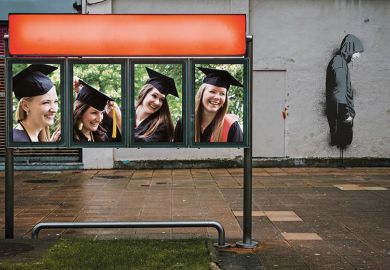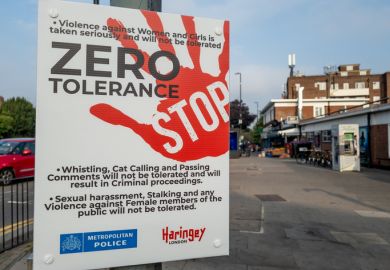Students who attended single-sex schools feel more anxious and stressed when participating in mixed-gender activities at university, according to a study.
The research, based on an analysis of students at a co-educational college in Hong Kong, has led to suggestions that universities should introduce specific support for learners who attended all-male or all-female schools.
The study, based on an analysis of 456 students at a co-educational college in Hong Kong who attended both single-sex and co-educational schools, used a questionnaire to assess anxiety in mixed-gender situations and also considered how many friends from the opposite gender the participants had.
Compared with those who attended co-educational schools, students who went to a single-sex school reported feeling more anxiety and stress in mixed-gender situations, researchers from the University of Hong Kong found. They also had fewer friends of the opposite sex.
Co-author Ivy Wong, an assistant professor of psychology at Hong Kong, said that higher levels of gender anxiety had the potential to disrupt a student’s learning.
“Classes are rarely gender-segregated in college, and many courses require students to form study groups in which students will have to cooperate with other-gender peers in order to optimise their learning outcomes,” she said.
Mixed-gender anxiety might reduce students’ interest and motivation in pursuing future study or a career in areas dominated by the other gender, such as women in science or men in nursing, Dr Wong said.
“The findings highlight the need to pay more attention to how gender segregation relates to social outcomes and not only academic outcomes,” said Dr Wong, who argued that, aside from fostering academic skills, education should also prepare students for a mixed-gender society.
There are many considerations as to why a student would attend either type of school, “but it may be beneficial for single-sex schools to increase students’ exposure to mixed-gender interactions or offer more social skills training”, Dr Wong said. “Some of the differences may be transient, while some may persist beyond high school, so interventions for graduates would also be meaningful.”
Dr Wong added that the Hong Kong findings, published in Plos One, were likely to be “highly applicable” to the rest of the world.
Register to continue
Why register?
- Registration is free and only takes a moment
- Once registered, you can read 3 articles a month
- Sign up for our newsletter
Subscribe
Or subscribe for unlimited access to:
- Unlimited access to news, views, insights & reviews
- Digital editions
- Digital access to THE’s university and college rankings analysis
Already registered or a current subscriber?










